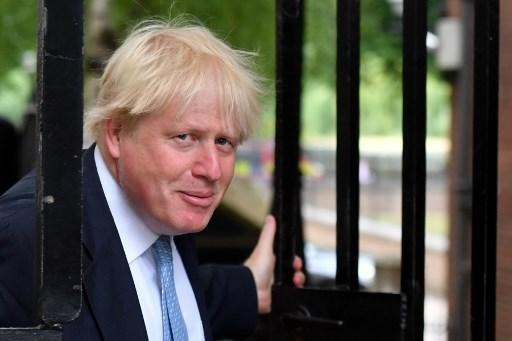European leaders can “go whistle” if they think the British government will pay the Brexit bill, assessed as several tens of billions of euros. The British Foreign Secretary said this in the UK parliament on Tuesday.
Boris Johnson, the pro-Brexit campaign hero, said, “The sums that I have seen that they (European leaders, editor’s note) propose to demand from this country seem to me to be extortionate and I think that ‘to go whistle’ is an entirely appropriate expression.”
No official figures concerning the financial settlement of the UK’s commitments to the European Union have yet been published.
However a senior European official indicated to the AFP (Agence France Presse) in April that the Commission had assessed it as between 55 and 60 billion euros.
European Commission sources say that the bill, in particular, includes budget contributions already promised to the Union and all institutions and entities established by European treaties. In addition, the European Commission says this includes the United Kingdom’s contribution to specific funds such as the European Development Fund.
Boris Johnson also acknowledged that the government had “no plan in the absence of agreement” with the EU, “because we will get a good agreement.”
He also stressed that the British government wished eventually “to leave the gloom of the European Court of Justice, indeed the entire EU legal system, and in this mission we will succeed.”
On the other hand, he has not responded to questions from MPs upon the transition period during which the country may remain within the jurisdiction of the ECJ. This was recently mentioned by the number two in the Conservative government Damian Green. The latter is the First Secretary of State and Minister for the Cabinet Office.
As has been frequently mentioned over the past year, the United Kingdom voted on June 23rd, 2016 to leave the EU. Since then, the form that Brexit will take has divided the country, but also Theresa May’s government, into two “camps”. There are supporters of a “hard” Brexit leaving the European Single Market and the Customs Union, and taking back control of UK borders. On the other hand, there are those who wish to retain the broadest possible access to the European Single Market.
The Brussels Times

